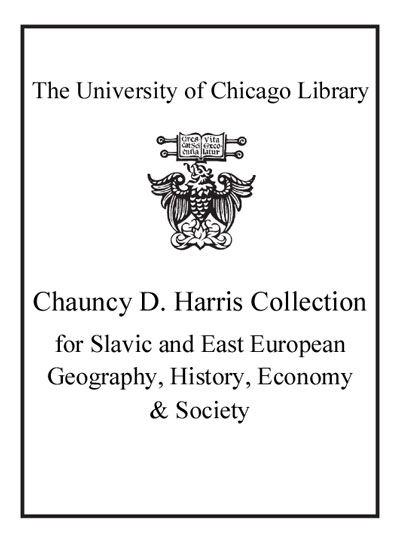| Summary: | "The 1990s in Central Europe were a time of vast social change. What was it like for people who lived behind the Iron Curtain to find themselves living within a communist economy one day and a capitalist economy the next? What does it mean to formulate moral judgments about the value of work and who is doing that work when previously none were needed? In Deserved, Till Hilmar explains how moral imaginations about economic roles are formed and how they frame political dynamics in society using the fall of communism in East Germany and the Czech Republic as his cases. In an exceptionally short period of time, the labor markets in both of these countries were completely disrupted. Large scale sectoral changes, especially deindustrialization, swiftly and thoroughly upended the meaning of work. New types of social inequality rose across all forms of personal and professional relationships. Deserved is based on 67 interviews with people with firsthand experience of this social transformation. Among them, despite the large-scale structural nature of a changing economic system, respondents employ a thoroughly moral vocabulary and identify future economic successes and failures based on language of individual responsibility. In conclusion, Hilmar argues that understanding this period can help us comprehend drives towards societal polarization today, specifically the departure from collective models of social insurance against economic risk and the move towards individualized ones"--
|
|---|

